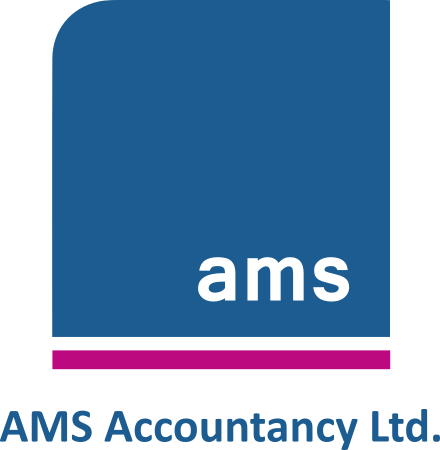IR35 Compliance experts
IR35 Compliance specialists
Are you a contractor providing services through your own limited company to a third-party, or are you, in fact, an employee? That’s the question IR35 is designed to test, with serious implications for how much tax you might have to pay.
To compliment our IR35 advice service, here we’ve collected all the information you need to understand what IR35 is, where it came from, what the Government wants to achieve through it and how it might affect you as a contractor.
We’ve also provided information on recent and forthcoming IR35 changes which have shaken up the world of contracting, and details of the various services we offer to reduce the challenge of compliance.
A brief history of IR35
IR35 was introduced by then Chancellor Gordon Brown in 2000 as part of a government drive to crack down on ‘disguised employment’.
The Government felt that some organisations were encouraging staff to resign from formal employment, set up their own limited companies and then carry on much as they were before.
This is sometimes called the ‘Friday to Monday’ scenario, with reference to a hypothetical individual leaving a job at the end of one week only to return to the same desk on Monday, to undertake essentially the same work, as a contractor.
The issue was that, by defining as contractors, they were able to pay less tax, while the contracting organisation had fewer obligations in terms of, for example, National Insurance.
Changes to IR35 in the private sector
IR35 changes in the private sector are the most pressing concern for many contractors.
From April 2020, private sector organisations above a certain size using contractors must decide on and declare the IR35 status of contractors working for them. They will be asked to use CEST, an online tool supplied by HMRC, to carry out that assessment.
This follows a change introduced in the public sector in April 2017 which made it the responsibility of organisations such as local authorities to
determine the IR35 status of contractors.
IR35 continues to be controversial with debates, reviews and changes to the system likely to continue for years to come.
Why is your IR35 status important?
If HMRC applies the tests to your work and pay arrangements and decides that you are employed – if you are ‘caught by’ or ‘inside’ IR35, as people tend to say – then your income is treated like salary for tax purposes. As a result, you have to pay tax through PAYE, along with National Insurance contributions.
If, on the other hand, you are a contractor deemed to be outside IR35, you can pay yourself just as any company director might – by taking a small salary and then paying dividends, splitting dividends with a spouse and getting tax relief on expenses.
All of these measures reduce the amount of tax you pay.
IR35 contract reviews
In general, the best thing contractors can do is talk about IR35 – talk to your agency, the contracting end client and, of course, your accountant – to understand how they view your employment status, and have conversations upfront about where there might be room for manoeuvre to make changes that will ensure your employment status is completely unambiguous.
We offer a comprehensive IR35 contract review service which will highlight any potential issues and also increase your understanding of the principles behind IR35 to help you make decisions in the future.
Speak to a specialist IR35 accountant
If you’re in doubt about the IR35 status of your contract, want to discuss the principles behind IR35 and how they might apply to you, or have any other concerns or questions, contact us today. Our team of IR35 compliance specialists accountants will be happy to help.
IR35 videos
A brief history of IR35
In 1999 IR35 was brought in as a new law to attack Contractors cheating the system and have them pay the right taxes and NI.
Get in touch today for a free consultation.
We are very happy to meet you to discuss your business or even your idea for a business. We will advise you on the most tax efficient structure if you are setting up and we can review your business if you are already trading.
